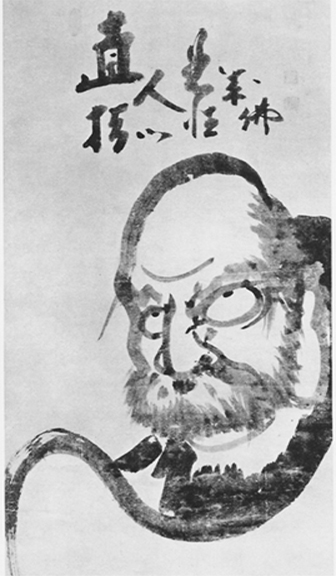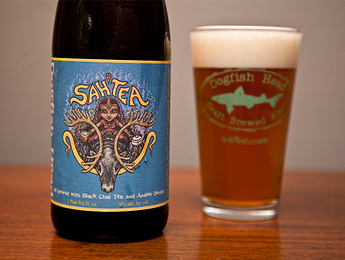Is there any indication that the Buddha knew about tea, hot or cold, or other similar drinks? For example grinding roots or leaves into water in order to achieve a taste.
I have not been able to find any such references, if there are none, would it be reasonable to assume that the Buddha never had a cup of hot tea? 
Would it be reasonable to assume that the Buddha would have rejected tea or other ways of inducing flavor into water? Maybe the Buddha would have thought that it was unnecessarily seeking after sensual pleasures, rather than just sustaining the body? Are there any EBTs that deal with similar topics that would give some pointers as to what the Buddha would have thought about this? For instance, if there is an EBT that says that the Buddha explicitly rejected spices on his food since it was overindulging in sensual pleasures that would, maybe, point to him also having a similar attitude towards tea.
Or is it the complete opposite? That the Buddha would recommend people to drink tea in order to help them relax? Either way, I’m interested in hearing what people think and especially what EBTs can be used to back up the different views.


